Digital Health Lunch Series
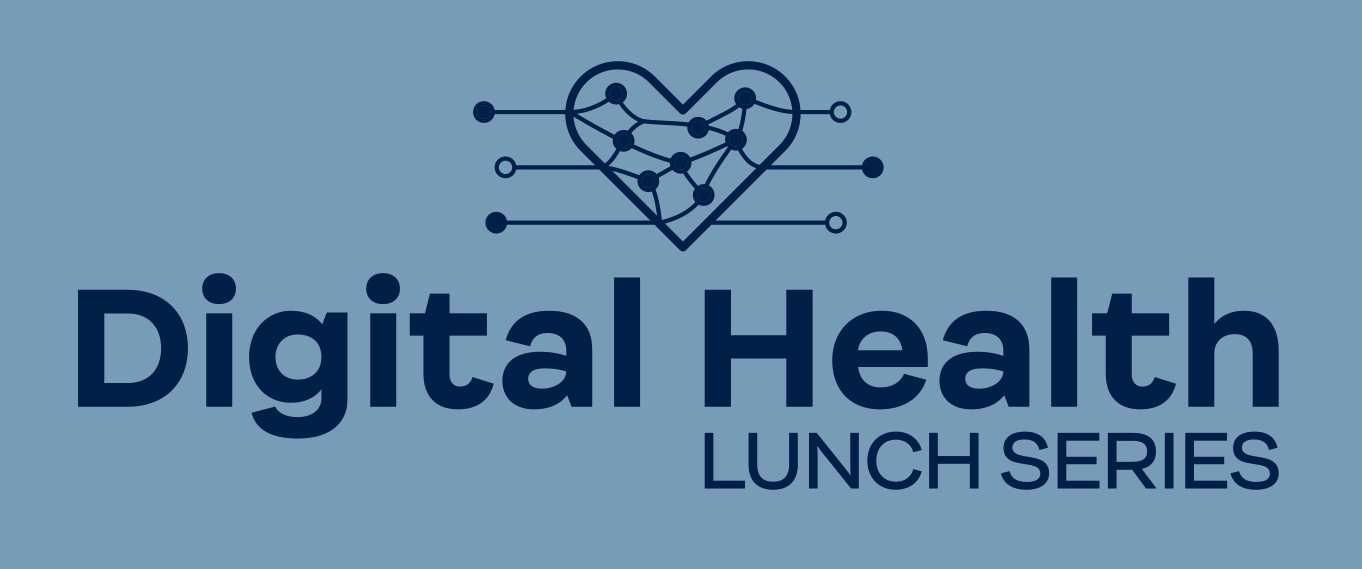
The Digital Health Lunch Series (DiHLS) is a networking platform to inspire and generate innovation!
To shape the future of Digital Health, connecting and moving knowledge is a essential as exchanging data. Initiated by FAU, Medical Valley, dmac, d.hip and Zollhof, DiHLS invites visionaries, deciders and makers in Digital Health to meet on a regular basis, starting November 30, 2021. In each event, international leading experts will present current questions and challenges, and inspire discussions.
17.01.2023 Bridging the gap between Robotics, Rehabilitation and our Society
Prof. Dr. Robert Riener, the founder of the CYBATHLON talks about the gap between Robotics, Rehabilitation and our Society.
This talk provides an overview of current and future robotic systems applied to rehabilitation and assistance of people with motor impairments. Furthermore, it presents the CYBATHLON, an international competition that promotes the development of advanced assistive technologies and supports the inclusion of people with disabilities in our society.
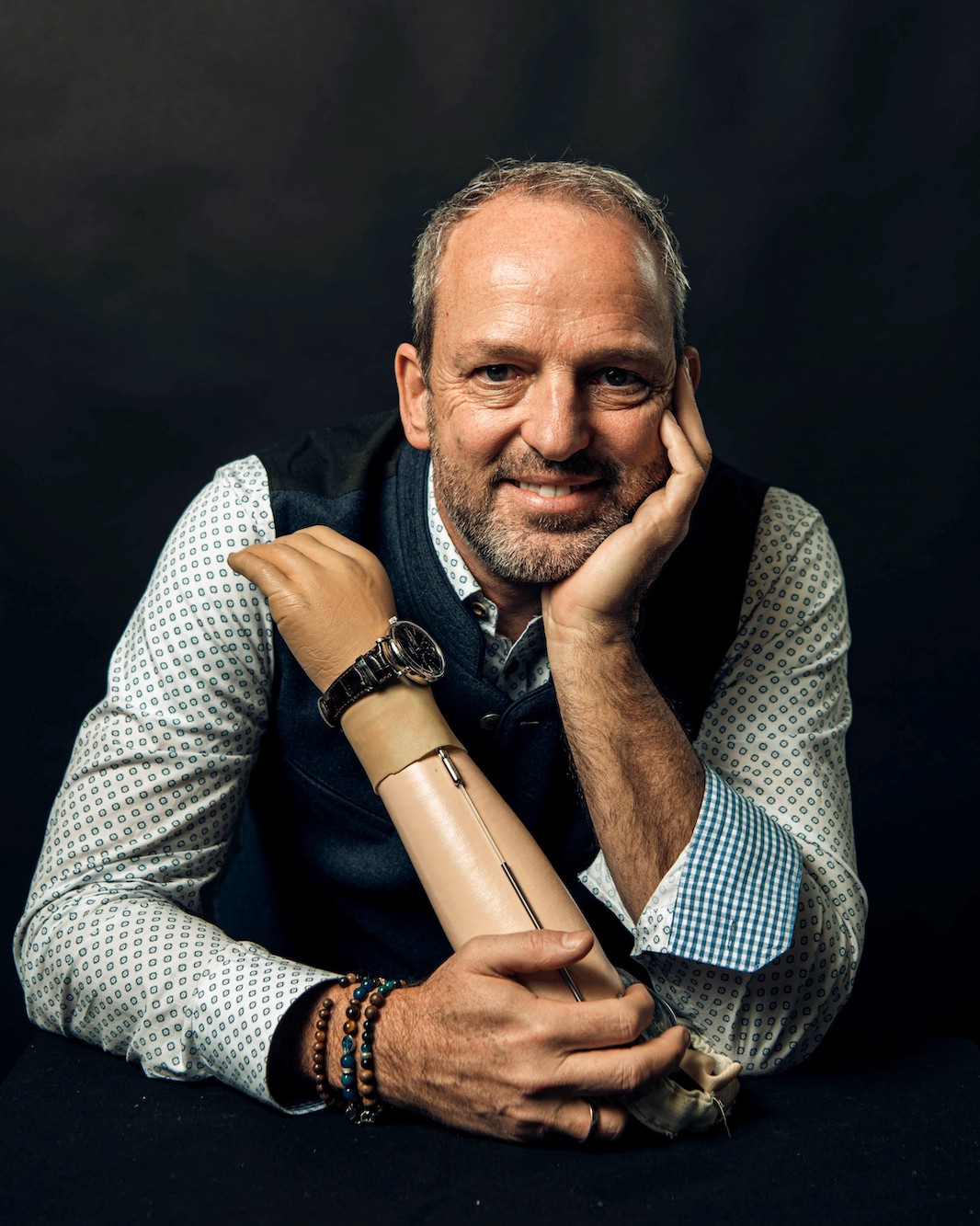
Prof. Dr. Robert Riener is an expert for sensimotor systems, he is the initiator and organizer of the Cybathlon, which was honored with the European Excellence Award, the Yahoo Sports Technology Award, and with two categories of the REIMAGINE Education Award.
Robert Riener studied Mechanical Engineering at TU München, Germany, and University of Maryland, USA. He received a Dr.-Ing. degree in Engineering from the TU München in 1997. After postdoctoral work from 1998-1999 at the Centro di Bioingegneria, Politecnico di Milano, he returned to TU München, where he completed his Habilitation in the field of Biomechatronics in 2003. In 2003 he became assistant professor at ETH Zurich and Spinal Cord Injury Center of the University Hospital Balgrist (“double-professorship”); since 2010 he has been full professor for Sensory-Motor Systems, ETH Zurich, and since 2016 full professor of medicine at the University of Zurich. Riener has published more than 500 peer-reviewed journal and conference articles, 36 books and book chapters and filed 26 patents. He has received 26 personal distinctions and awards. In 2018 Riener obtained the honorary doctoral degree from the University of Basel. In 2019, Riener became an AAAS Leshner Fellow.
DiHLS from 19.07.2022
19.07. Lessons learned on academia-industry collaboration in bringing robotics to motor-impaired individuals
Robotics offers large potential to help individuals who lost motor functions, but the field still faces many challenges. This talk investigates successes and gaps in translating academic solutions to tangible benefits for users. Examples and lessons learned from tech transfer attempts will be given, ranging from high-end neurorehabilitation training robots to low-cost consumer products that mitigate the risk of falling in daily life
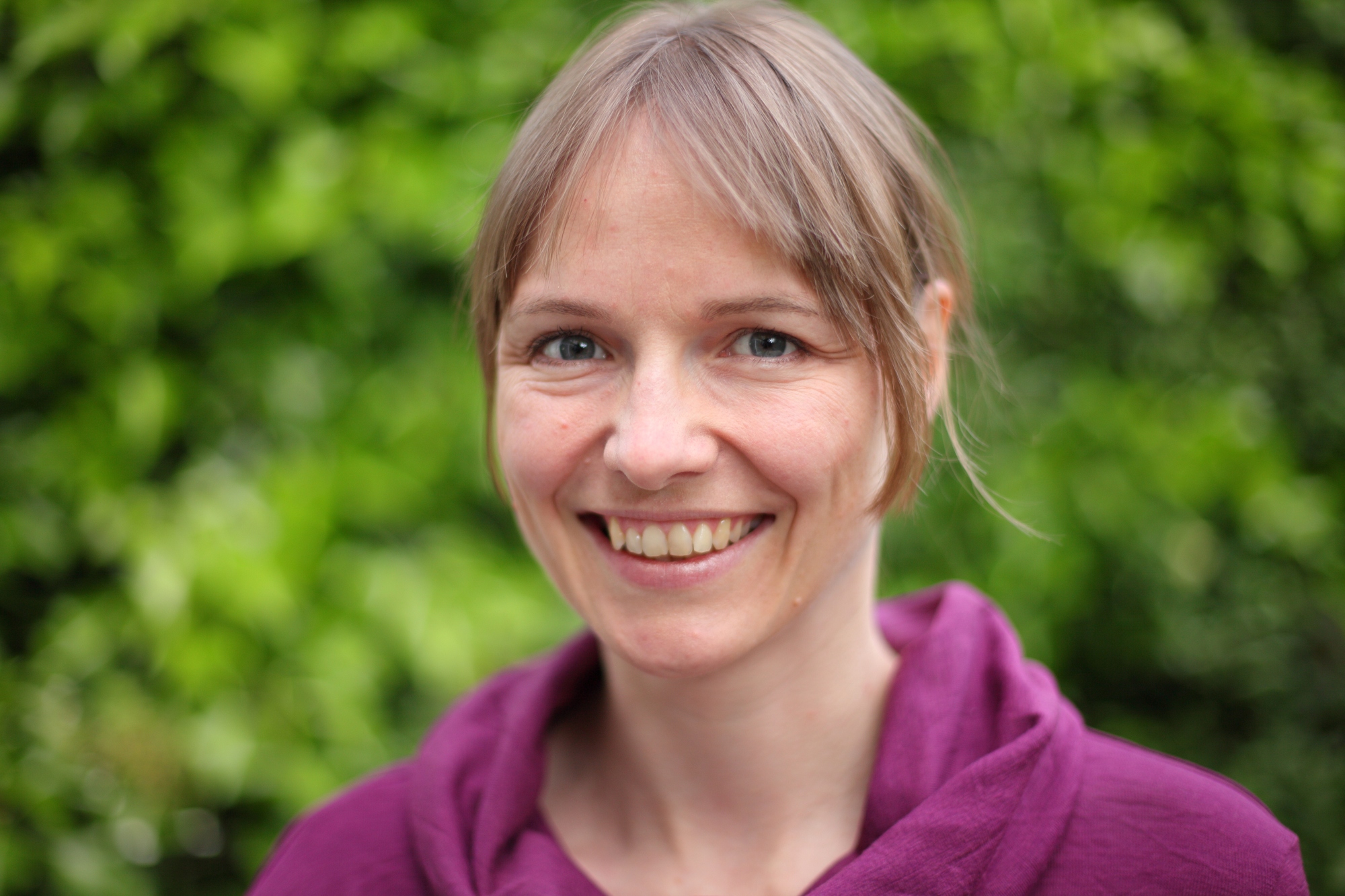
Prof. Dr. Heike Vallery works on minimalistic and unconventional concepts to support human gait and balance at TU Delft. Since November 2019, she also holds a honorary professorship at the Department for Rehabilitation Medicine at Erasmus MC in Rotterdam.
Heike Vallery works on minimalistic and unconventional concepts to support human gait and balance. Since November 2019, she also holds a honorary professorship at the Department for Rehabilitation Medicine at Erasmus MC in Rotterdam. Heike Vallery received nu- merous fellowships and awards, such as the 1st prize of the euRobotics Technology Transfer Award 2014, and recently an Alexander-von-Humboldt professorship, to re- turn to RWTH Aachen..
DiHLS from 24.05.2022
24.05. Identifying Principles of Motor Skill Learning to Improve Mobility during Neurological Rehabilitation
Motor skill acquisition is the basis of a broad class of rehabilitation interventions for people post-stroke, individuals with spinal cord injury, and people with Parkinson’s disease. Here, I will describe our recent work in which we 1) assess how energetic cost and dynamic balance interact to regulate the acquisition of novel walking patterns and 2) develop novel, VR-based approaches for enhancing skill acquisition during locomotor training.
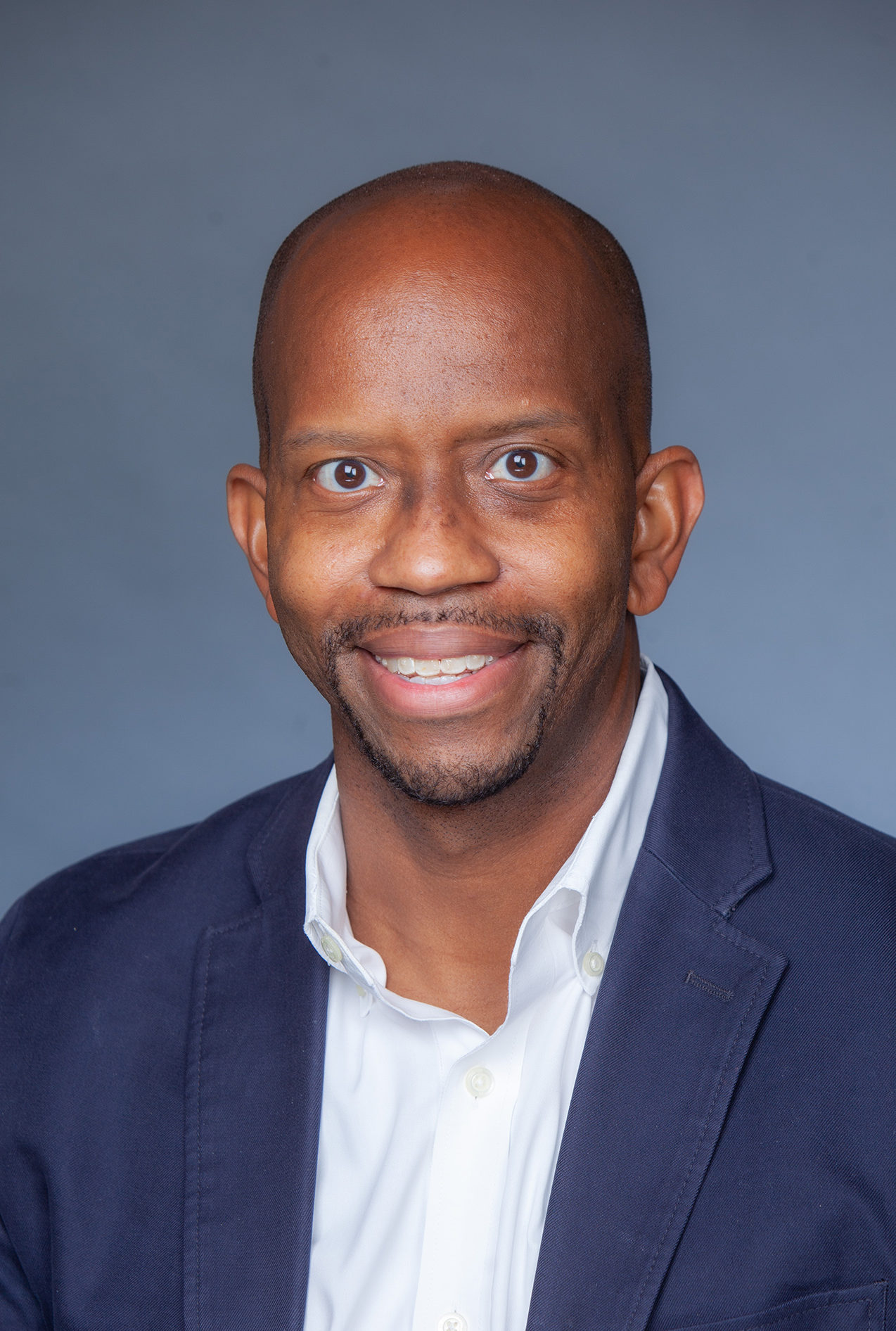
Dr. James Finley is an Associate Professor in the Division of Biokinesiology and Physical Therapy, the Department of Biomedical Engineering, and the Neuroscience Graduate Program at the University of Southern California.
He and his team in the Locomotor Control Lab at USC use experimental studies and computational models to understand how mobility is controlled in healthy individuals and individuals with neuromotor impairments such as stroke and Parkinson’s disease. Dr. Finley is also one of the founding directors of the USC SensoriMotor Assessment and Rehabilitation Training Center (SMART-VR Center). The Center’s mission is to be an interdisciplinary center of excellence harnessing innovative advances in virtual reality to improve motor and cognitive function across multiple clinical populations such as stroke, Alzheimer’s, Parkinson’s disease.
DiHLS from 25.01.2022
25.01. The German Medical Informatics Initiative – Collaboration towards secondary use of routine clinical data
The German Medical Informatics Initiative (MII) is a long-term funding program by the Federal Ministry of Education and Research to tap the wealth of routine clinical data gathered in the German hospital landscape. In a collaboration of four separately funded consortia, the MII tackles technical, semantic, legal and organizational challenges towards the secondary use of these data. In addition to establishing interoperable infrastructures and processes, each consortium executes clinical use cases to demonstrate their applicability and value. To enhance cross-consortial collaboration and intersectoral outreach, several broad use cases including sites from all consortia have been funded, as well as Digital Hubs for Advances in Research and Healthcare. The MII is currently in the final year of its development and networking phase, with an additional funding phase scheduled for 2023-2026 with a stronger focus on consolidation, outreach and broad use cases.
In this talk an overview will be given on the collaborative structures developed in the MII, major results and milestones achieved, and an outlook towards future MII perspectives
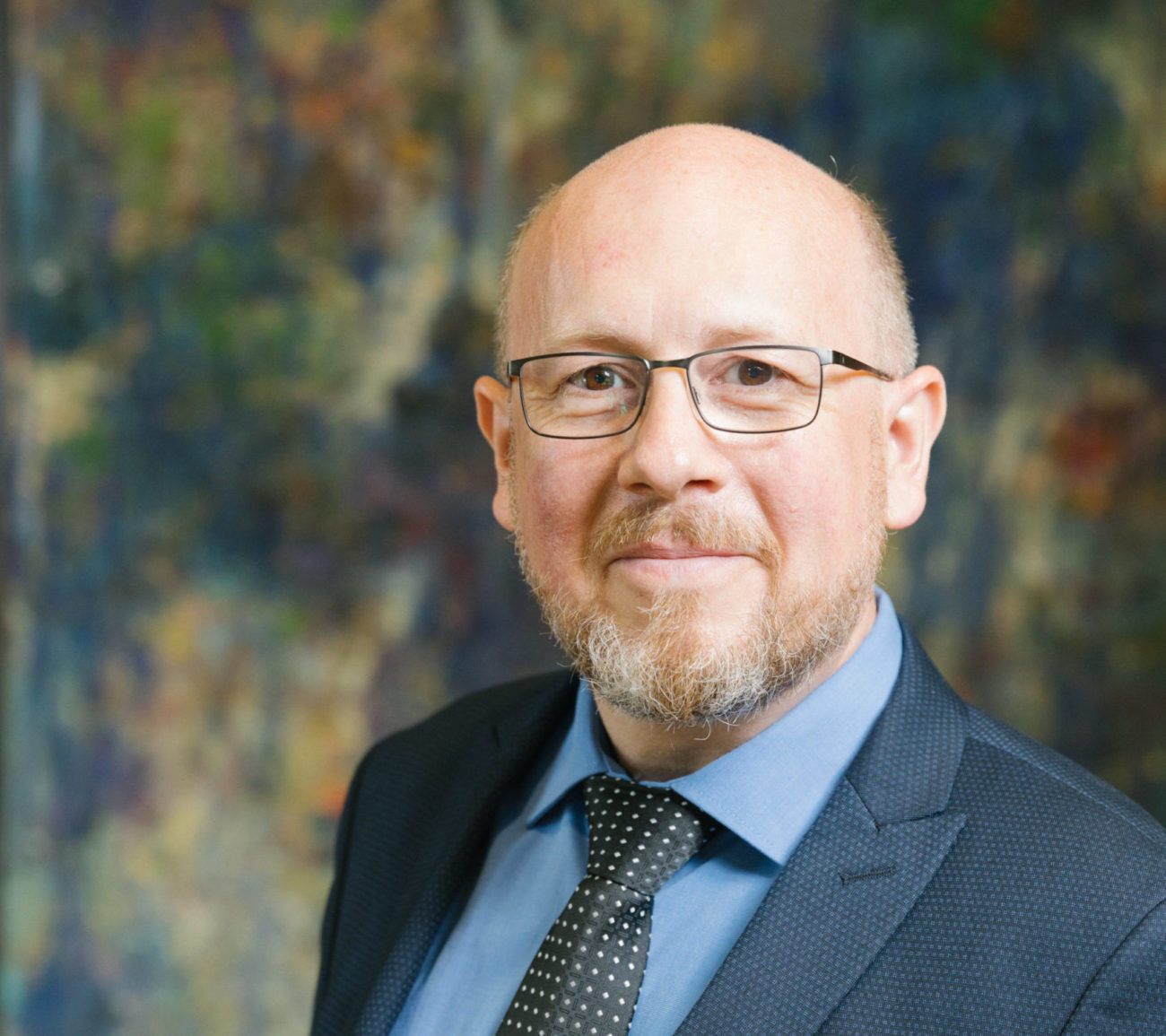
Thomas Ganslandt is W3 Professor of Medical Data Science at the FAU Erlangen-Nürnberg. He holds a secondary affiliation at the Technical Faculty within the Department Artificial Intelligence in Biomedical Engineering (AIBE) with the goal of enabling data-driven projects combining clinical care and artificial intelligence.
Prof. Dr. Thomas Ganslandt is a medical doctor. After studying human medicine, he worked in general surgery and medical informatics at University Hospital Münster from 1998-2003 and at Friedrich-Alexander-Universität Erlangen-Nürnberg and University Hospital Erlangen from 2003-2018. In 2017, Thomas Ganslandt received his habilitation at the Medical Faculty of the Friedrich-Alexander-Universität Erlangen-Nürnberg. He was appointed to the professorship for Medical Informatics at the Medical Faculty Mannheim (Ruprecht-Karls-University Heidelberg) in 2018. He was the Acting Director of the Heinrich-Lanz-Center for Digital Health at Mannheim University Medicine and headed the Department of Biomedical Informatics.
Since 2017 he is a speaker of the Interoperability Working Group of the German Medical Informatics Initiative and since 2020 a member of its National Steering Committee. Since 2018 he is a Board member of the TMF – Technology, Methods, and Infrastructure for Networked Medical Research.
In Erlangen he will continue his successful work in the MIRACUM consortium, now as new Co-PI from the Erlangen site. In addition, at Erlangen University Hospital, Professor Ganslandt takes over the position of Chief Medical Information Officer, where he will be driving strategic aspects of aligning clinical care, research and IT infrastructure.
DiHLS from 30.11.2021
30.11. Digital Health – Reengineering Sustainable Health Systems
Digital Technologies and Artificial Intelligence are driving fundamental transformations in Health Systems and Healthcare industries.
What can be learned from global leaders in digitization?
How and to what extent may Big Tech disrupt and consumerize healthcare?
How may digitization and technology change roles of patients (consumers) and (service) providers?
Trends, Opportunites and Challenges will be discussed
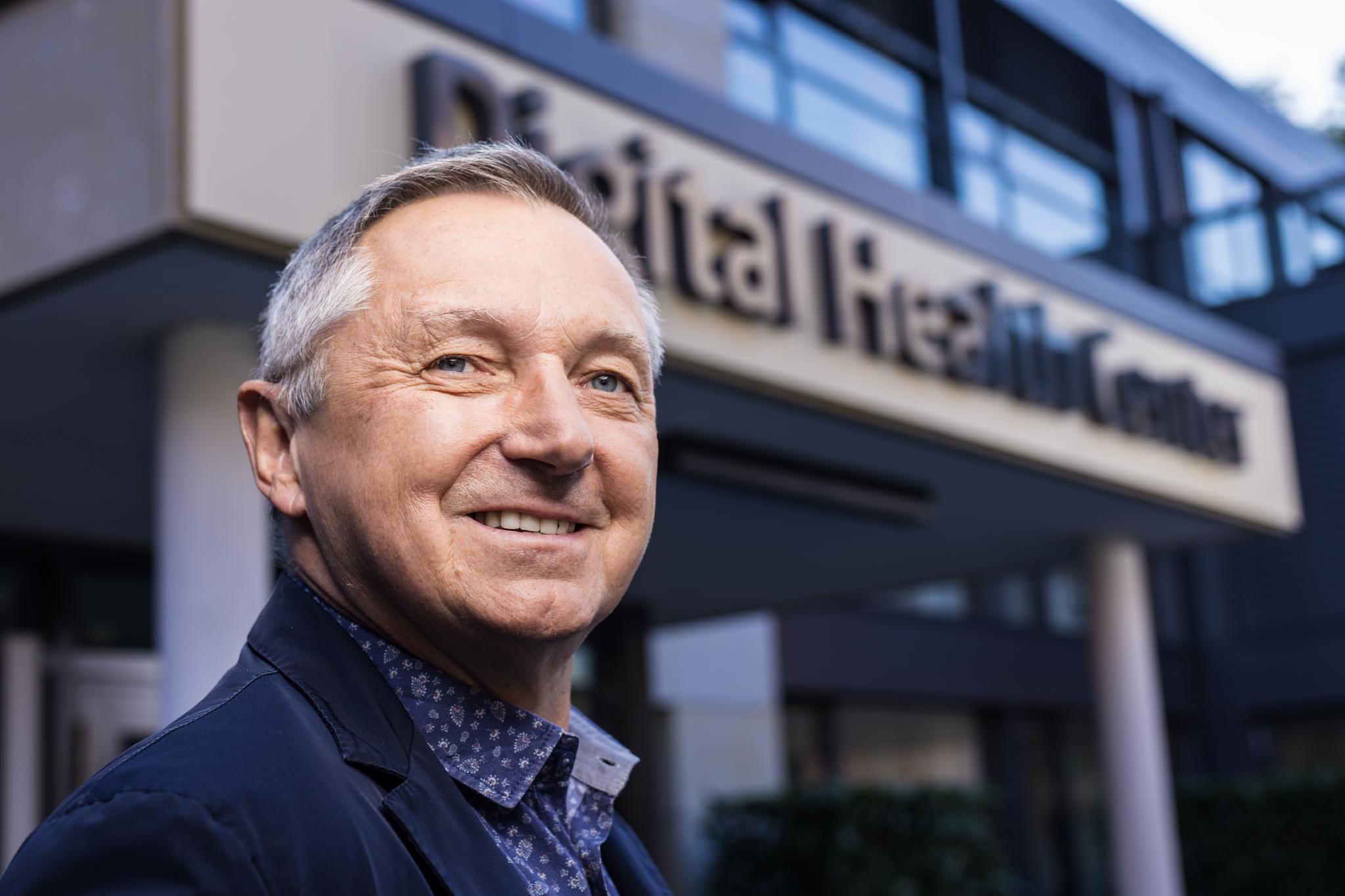
Prof. Dr. med. Erwin Böttinger is head of the Digital Health Center at the Hasso Plattner Institute (HPI) in Potsdam, Germany, and director of the newly formed Hasso Plattner Institute for Digital Health at Mount Sinai Health System in New York City, USA.
He holds dual academic appointments as chaired Professor for Digital Health – Personalized Medicine at the joint Digital Engineering Faculty of the HPI and University Potsdam, and as Professor of Medicine and Systems Pharmacology and Therapeutics at the Icahn School of Medicine at Mount Sinai, New York City, USA. From November 2015 to July 2017 Erwin Böttinger was the CEO of the Berlin Institute of Health (BHI) where he played a key role in shaping its forward-looking strategy for ‘Personalized Medicine – Advanced Therapies’. From 2007 to 2015 he was the founding director of the Charles Bronfman Institute for Personalized Medicine at the Icahn School of Medicine at Mount Sinai in New York City, USA, and the principal architect of the Institute’s BioMe Biobank. Erwin Böttinger is a pioneer in groundbreaking implementations of personalized medicine and digital health in clinical practice.
Location
d.hip
Henkestraße 127
91052 Erlangen
The Presentation will beginn at 12.30 PM
Our Partners
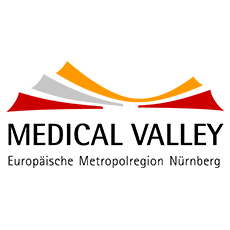
Medical Valley
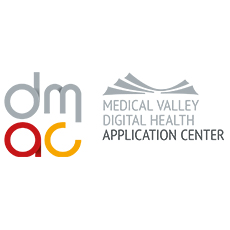
dmac
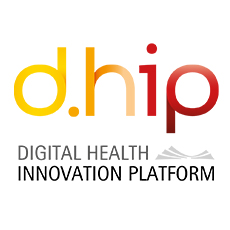
d.hip

Zollhof
This site is administrated by the AIBE Webmaster